Filter by
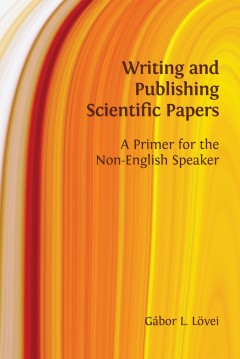
Writing and publishing scientific papers : a primer for the non-English speaker
Gábor Lövei’s scientific communication course for students and scientists explores the intricacies involved in publishing primary scientific papers, and has been taught in more than twenty countries. Writing and Publishing Scientific Papers is the distillation of Lövei’s lecture notes and experience gathered over two decades; it is the coursebook many have been waiting for. The book�…
- Edition
- -
- ISBN/ISSN
- 9781800640917
- Collation
- xi, 198 p. ; ill
- Series Title
- -
- Call Number
- 808.1 LOV w
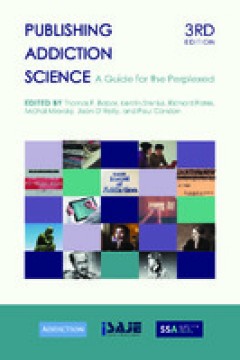
Publishing addiction science : a guide for the perplexed
Publishing Addiction Science is a comprehensive guide for addiction scientists facing the complex process of contributing to scholarly journals. Written by an international group of addiction journal editors and their colleagues, it discusses how to write research articles and systematic reviews, choose a journal, respond to reviewers’ reports, become a reviewer, and resolve the often difficu…
- Edition
- 3rd edition
- ISBN/ISSN
- 9781911529095
- Collation
- XX< 381 p.
- Series Title
- -
- Call Number
- 070.05 PUB p
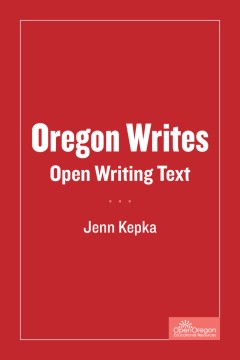
Oregon writes open writing text : a project of Oregon writes
This textbook guides students through rhetorical and assignment analysis, the writing process, researching, citing, rhetorical modes, and critical reading. Using accessible but rigorous readings by professionals throughout the college composition field, the Oregon Writes Writing Textbook aligns directly to the statewide writing outcomes for English Composition courses in Oregon. Created thro…
- Edition
- -
- ISBN/ISSN
- -
- Collation
- 228p. : ill.
- Series Title
- -
- Call Number
- 808.066 KEP o
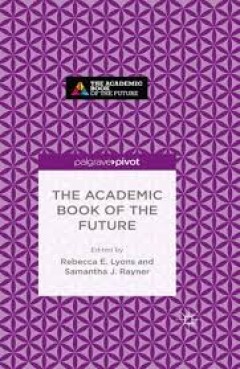
The academic book of the future
edited by Rebecca E. Lyons, Research Associate, University College London, UK and Samantha J. Rayner, Senior Lecturer in Publishing, University College London, UK.
- Edition
- -
- ISBN/ISSN
- 9781137595775
- Collation
- xii, 120 pages ; 23 cm
- Series Title
- -
- Call Number
- 791.4
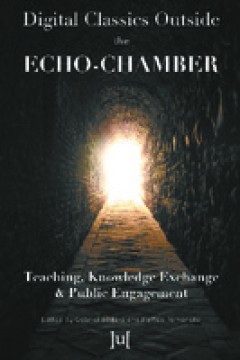
Digital classics outside the echo-chamber : teaching, knowledge exchange and …
This volume, edited by the organizers of the “Digital Classicist” seminars series, presents research in classical studies, digital classics and digital humanities, bringing together scholarship that addresses the impact of the study of classical antiquity through computational methods on audiences such as scientists, heritage professionals, students and the general public. Within this conte…
- Edition
- -
- ISBN/ISSN
- 9781909188471
- Collation
- XII, 221 p.
- Series Title
- -
- Call Number
- 070.5 DIG d
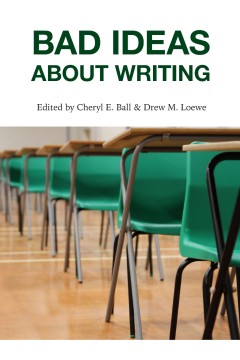
Bad ideas about writing
We intend this work to be less a bestiary of bad ideas about writing than an effort to name bad ideas and suggest better ones. Some of those bad ideas are quite old, such as the archetype of the inspired genius author, the five-paragraph essay, or the abuse of adjunct writing teachers. Others are much newer, such as computerized essay scoring or gamification. Some ideas, such as the supposed de…
- Edition
- -
- ISBN/ISSN
- 9780998882000
- Collation
- 370p. : ill.
- Series Title
- -
- Call Number
- 808.02 BAD b
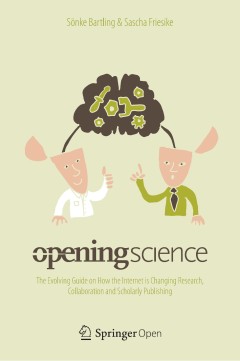
Opening science : the evolving guide on how the Internet is changing research…
Modern information and communication technologies, together with a cultural upheaval within the research community, have profoundly changed research in nearly every aspect. Ranging from sharing and discussing ideas in social networks for scientists to new collaborative environments and novel publication formats, knowledge creation and dissemination as we know it is experiencing a vigorous shift…
- Edition
- -
- ISBN/ISSN
- 9783319000268
- Collation
- ix, 339p. : ill.
- Series Title
- -
- Call Number
- 502.854678 OPE o
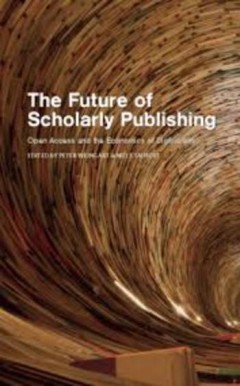
The future of scholarly publishing : open access and the economics of digitis…
The formal scientific communication system is currently undergoing significant change. This is due to four developments: the digitisation of formal science communication; the economisation of academic publishing as profit drives many academic publishers and other providers of information; an increase in the self-observation of science by means of publication, citation and utility-based indicato…
- Edition
- -
- ISBN/ISSN
- 9781928331537
- Collation
- ix, 277p. : ill.
- Series Title
- -
- Call Number
- 070.57973 FUT f
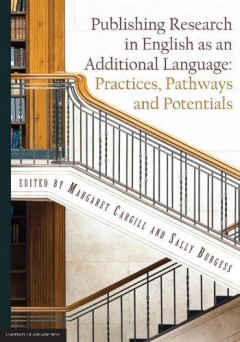
Publishing research in English as an additional language : practices, pathway…
Many universities worldwide now require established and novice scholars, as well as PhD students, to publish in English in international journals. This growing trend gives rise to multiple interrelated questions, which this volume seeks to address through the perspectives of a group of researchers and practitioners who met in Coimbra, Portugal in 2015 for the PRISEAL and MET conferences. The vo…
- Edition
- -
- ISBN/ISSN
- 9781925261523
- Collation
- xviii, 258p. : ill.
- Series Title
- -
- Call Number
- 808.066378 PUB p
 Computer Science, Information & General Works
Computer Science, Information & General Works  Philosophy & Psychology
Philosophy & Psychology  Religion
Religion  Social Sciences
Social Sciences  Language
Language  Pure Science
Pure Science  Applied Sciences
Applied Sciences  Art & Recreation
Art & Recreation  Literature
Literature  History & Geography
History & Geography